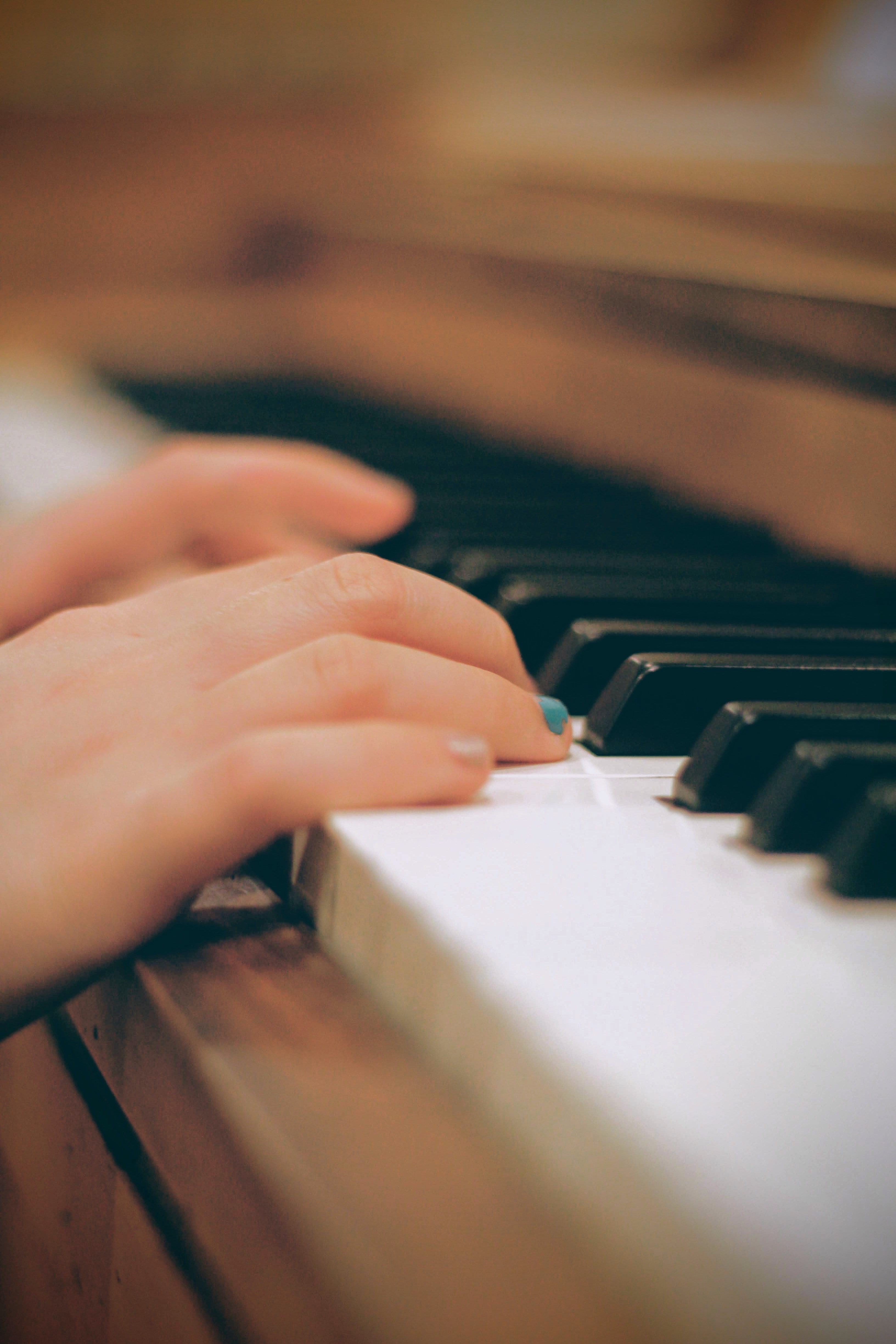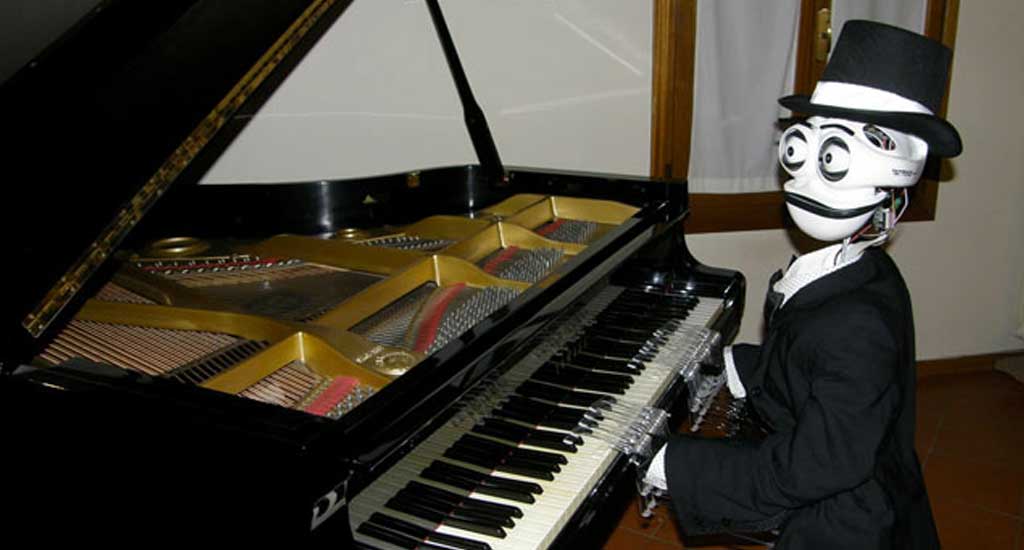


Know the piano part as well as you know your part. You will also better understand your entrances and what you should hear to draw your inspiration from to sing your phrase. Frequently the majority of the information from the composer is written in the piano score. Take the time to look at the piano score closely. Know your score: This is so important! Know your score ( I know, I wrote it twice), and by this, I mean all of it, not just your line.Remember that you are both performing, and both need preparation time together. Sure, your pianist can probably “wing it” with you, but you should both want to dig deeper than that for performance. Performing art-song repertoire requires time, discussion, agreements. Repertoire: When you throw new repertoire at your pianist a few days before a performance, decide to do a transposed version of your piece at the last minute, or if there is no time to rehearse together, please be aware that the pianist can refuse to do this on short notice.As I always say: “You are only as good as the person you are performing with”, so it is essential that whatever you do on stage, you do together! We shouldn’t forget that the composers (mostly pianists themselves) gave the piano an important voice in the composition. When you are on stage with your collaborative partner, you share the performance as a team, no matter the singer’s level or the pianist you are a team at that moment in time. Equal partnership: The collaborative pianist is your equal, and you should see them as such.Hopefully, these following points will help put those who need it on the right track.
#Accompanist vs collaborative pianist how to#
Still, we can’t expect young singers or instrumentalists to understand how to cultivate their collaborative partner relationships if we are not helping them learn, or leading by example. I am fortunate enough to work with colleagues who teach their students how to treat a singer-friendly pianist.
#Accompanist vs collaborative pianist professional#
I have noticed that some things are missing in young singers’ overall training, as it relates to professional etiquette to the collaborative partner. This kind of preparation adds to the depth and layers of any performance. To achieve this, the pianist must play with conviction, confidence, and a complete and deep understanding of the text. When playing with our colleagues, our artistic voices should unite to make a cohesive musical impression. Having three degrees in solo performance, I don’t regret choosing to go into the collaborative arts for one moment. More often than not, we have to be the most prepared and knowledgeable person in the room, all the while staying modest.

So much more is expected of a collaborative pianist than people realize. I studied languages, poetry, various styles, conventions in singing, conducting, and prompting because this is all part of this multi-faceted career.

However, that could not be further from the truth. I have a previous blog post detailing my thoughts on this matter: What am I?įor a long time and still today to some extent, the singer-friendly pianist is seen as someone who could not make it as a soloist or a chamber musician, looked down on by soloists. When a few select people notice you after performances (very often those who have studied the piano), you don’t mind not being the center of attention since it is all part of the “gig.” The rewards far surpass what some may perceive as negative experiences. Sometimes you play fiendishly complex music only not to be noticed even when you play it perfectly because that is what you trained to do. You even know to be a calming force for them during their preparation or while on stage. You learn to accept some personality traits that may not correspond to your own and you learn to cope with your recital partners’ stress levels as you put your own aside. It is a gratifying and exciting career.Īs a collaborator, you learn to put your ego aside and work with others, some natural collaborators and some who are not. I am very passionate about my work with singers, especially young singers and emerging professionals. I was always drawn to chamber music, vocal repertoire, and ultimately, the vocal arts stole my heart. After years and years studying by myself in a practice room to become a soloist, I eventually discovered that I don’t enjoy playing alone. I have devoted my life to being a collaborative artist.


 0 kommentar(er)
0 kommentar(er)
